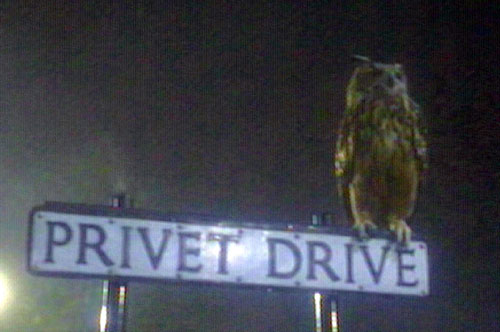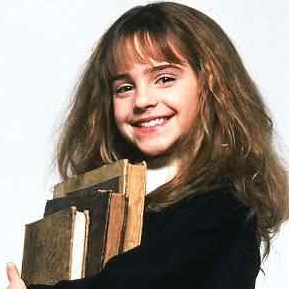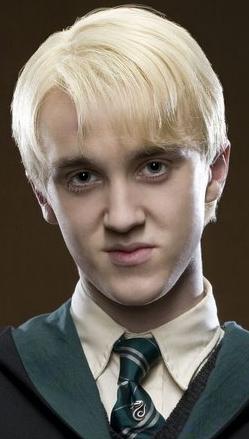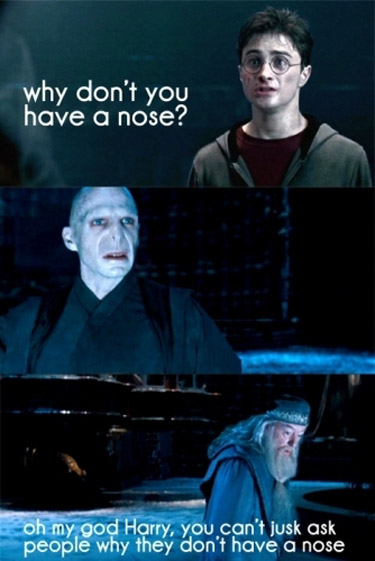Quick Update: Yawn. Monday's almost over, right?
Song Stuck in My Head: Every one of Britney Spear's older songs. And some Nsync and Christina too. Don't ask.

Yep. We're blogging about Harry Potter on "H" Day. Whattaya know?
As you may or may not know, I’m a writer who’s been at war with her WIP since 2008-ish. With my WIP, I’m always in two stages - safely plotting out my next moves, like I’m at headquarters, or charging at it head-on and trying to write out a new version, like I’m in battle. Over the weekend, I returned to the battlefield, hammering out a shiny, new first chapter after a week or so of plotting.
And what did I turn on for inspiration for beginning a story? The first two Harry Potter movies of course. Not just because Post-Potter depression is finally healing (the remedy: Hunger Games mania, woot!). But because the boy wizard series has always been one of my favorite examples of a perfect mix of world building, characterization, and complex plotting. Why not see how it began, and so simply too?
Song Stuck in My Head: Every one of Britney Spear's older songs. And some Nsync and Christina too. Don't ask.

Yep. We're blogging about Harry Potter on "H" Day. Whattaya know?
As you may or may not know, I’m a writer who’s been at war with her WIP since 2008-ish. With my WIP, I’m always in two stages - safely plotting out my next moves, like I’m at headquarters, or charging at it head-on and trying to write out a new version, like I’m in battle. Over the weekend, I returned to the battlefield, hammering out a shiny, new first chapter after a week or so of plotting.
And what did I turn on for inspiration for beginning a story? The first two Harry Potter movies of course. Not just because Post-Potter depression is finally healing (the remedy: Hunger Games mania, woot!). But because the boy wizard series has always been one of my favorite examples of a perfect mix of world building, characterization, and complex plotting. Why not see how it began, and so simply too?
 The horror of the blank page. The cure: Harry Potter?
The horror of the blank page. The cure: Harry Potter?Now that I’ve looked back, here’s some things I’d seen in the movie version alone. Things to think about when you’re at the beginning of your own story.
1. It happens quick. While we might have a few chapters in the book version between Privet Drive and Hagrid knocking down the door, the ordeal happens in a blink of an eye in the movies.


Sure, J.K Rowling offers enjoyable world building and back-story, but we learn enough in short film scenes scenes. Harry in closet and cooking eggs, miserable. Dudley counting presents, spoiled. Harry sets snake on Dudley, something else. And cue: Hagrid and the letters.
A lot of times we forget that we have to be quick. Readers sometimes have short attention spans. As much as we want to get the flowery descriptions upfront, and show off how awesome of writers we are, sometimes just getting to the point works too.
2. Characters always start out exaggerated. Hermione doesn’t talk as sharply and snobbishly as she does in her first scene on the train. Not even Draco can keep his smirk during the series.


Every character starts with an initial, dramatic version of themselves…a version that slowly changes or gets more detailed. So when it comes to characterization, especially in a series, there’s no need to hammer out a three-dimensional personality by page two.
Some of the best characters are multi-layered. The fun comes in peeling off those layers.

3. There will be questions. If your character is thrown into a fantasy world completely unlike their own…there’s going to be a ton of questions actually! Yet, every once in a while there’ll be an urban fantasy, usually YA, story where a character learns about a whole new world, a whole new species of creatures, a whole system of magic and power.

Are they curious? Do they walk around with stars in their eyes or questions marks over their head? Not so much. One thing Harry gets right in both the books and movies is, despite how humble or polite he is at first, he asks a lot of questions. He’s actually a bit curious about this entire otherworld of creatures he’s part of now.
Not that he asked this many questions...

Those are a few things. What can you think of in terms of classic movie/movie series beginnings? Or even book beginnings?
Later.



